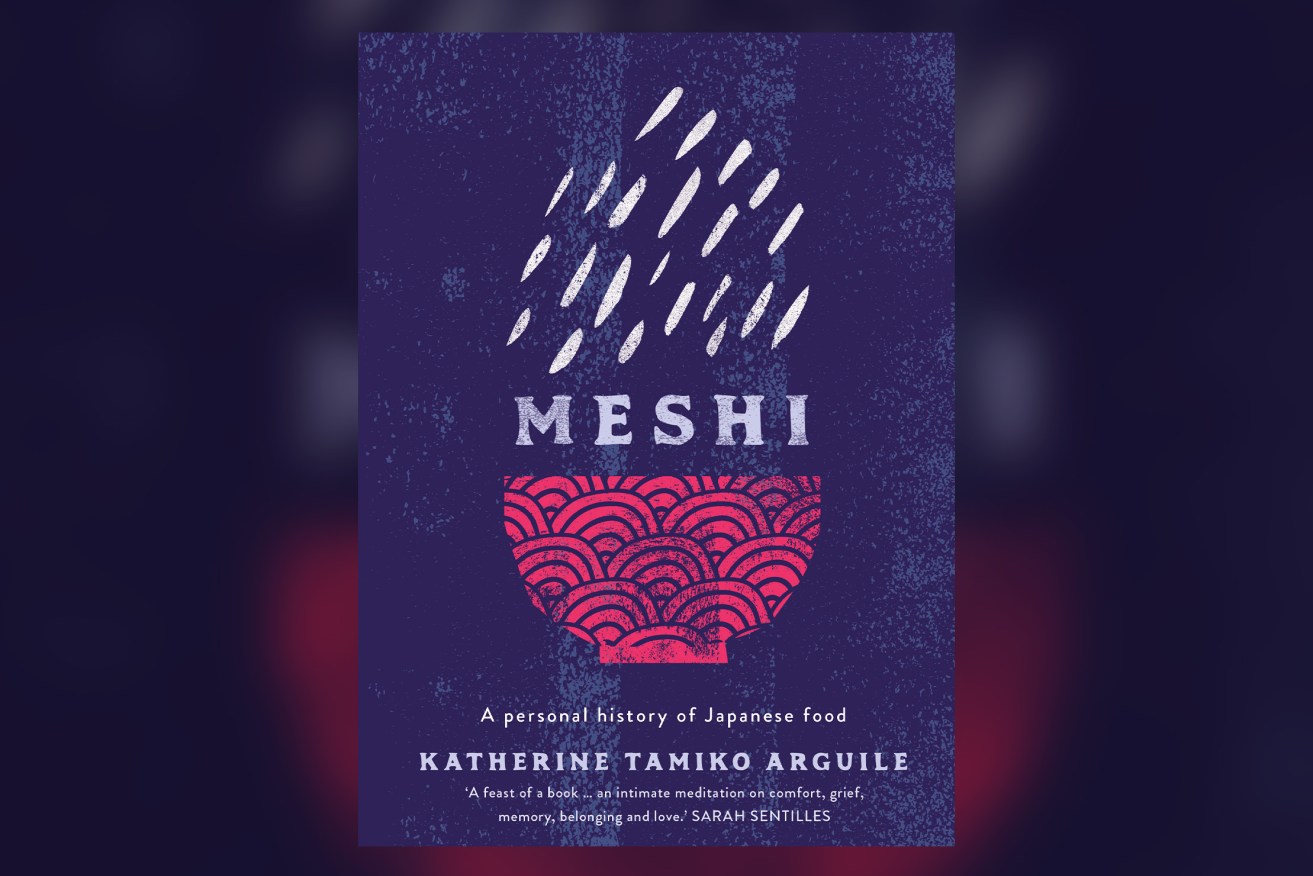Book review: Meshi
A local author’s new book is a deeply satisfying tour of Japan’s seasonal cuisine, but it’s also so much more than that.


Anyone who read Katherine Tamiko Arguile’s debut novel, The Things She Owned, will recall its tenderly crafted depiction of mother-daughter relationships, its examination of the complexities of cultural identity, and the mouth-watering descriptions of Japanese food.
Arguile’s latest book, Meshi, is a fitting follow-up, taking the form of a tour through Japan’s seasonal cuisine interspersed with personal reflections on the central role of food in her early family life.
She conjures a vivid picture of Tokyo as one of the world’s culinary capitals, guiding the reader through the delights of washoku – traditional Japanese food – in all its rich variety, from the exquisite skill of a top sushi chef or the jubilant celebrations at a New Year’s mochi-pounding ceremony, to the simple pleasures of a blistering-hot satsumaimo sweet potato from a street vendor or a family pot of yosenabe winter broth.
Recipes for many of the dishes are included at the end of each chapter. Those who know the joy of curling up with a well-written cookbook and devouring it like a novel will find plenty to appreciate in these pages.
This is not simply a parade of delicious dishes, however. There is a deeper symbolism here in the way Meshi is structured, with chapters corresponding to the 24 sekki (an adaptation of the lunisolar calendar that can be further divided into five-day microseasons) which are named according to changes in the natural environment. This structure highlights the intrinsically seasonal nature of Japanese cuisine.
“There’s always something to look forward to,” writes Arguile, with “the pleasure of eating seasonal foods heightened by the knowledge that they won’t be available for long.” This embracing of impermanence is a recurring theme, found not only in food but also in other rituals: watching sakura blossoms fall in a snowstorm of petals, or the short-lived brilliance of fireworks.
Arguile finds a bittersweetness in reminiscing about the places and events of her past, knowing that her memories, vivid as they are, are of an idea of Tokyo now more than four decades old.

Katherine Tamiko Arguile
Many of her recollections and stories spring from feelings of gratitude for those now gone who showed their love through food. Her memories of her mother, their bonding over homecooked meals, and the devastation of her passing, are a particularly moving through-line.
She also expands her focus to other formative relationships, such as with her Japanese and English grandmothers, and the aunts and uncles who ran the family tsukudani shop.
As a child of a Japanese mother and an English father, and having lived and travelled around the world, Arguile recalls always feeling like something of an outsider. Throughout Meshi, she reflects on the importance of food (and the process of writing about it) as a means of connection to Japanese culture and to her upbringing.
As in her novel, she once again demonstrates her talent for using the tangible, transient stuff of everyday life to grapple with complicated, life-long questions.
Like a perfectly balanced meal, Meshi combines poignant memories with playful anecdotes, informative explanation with intimate reflection, and philosophical ponderings with sensory pleasures. And it will – be warned – induce serious cravings for washoku.
Meshi is published by Affirm Press and is available now.




